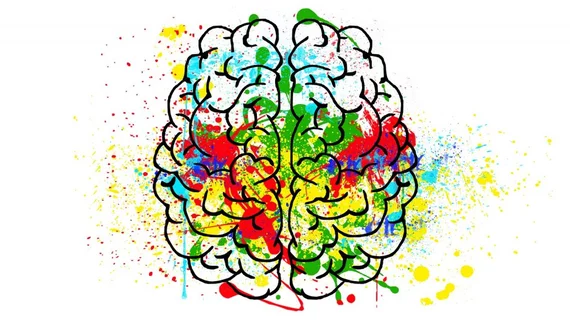A team of researchers from Auburn University in Alabama believe art classes can have a meaningful impact on the brain—and the may lead to deeper understanding of cognitive conditions such as depression.
Barb Bondy, an Auburn University art professor, and Jeffrey Katz, a psychology professor, recently received a $90,000 grant from the National Endowment for the Arts (NEA) to build on previous work analyzing how drawing alters the physical, behavioral and neural effects in brain plasticity, according to an Opelika-Auburn News report.
The project will enroll 20 participants in a beginner drawing class and 20 others in a control group over a 15-week period. All involved will undergo MRI scans at the start and end of the semester.
Researchers will also use functional MRI to visualize the brain when participants are not involved in a task. Additionally, the pair will use diffusion tensor imaging to measure any changes in brain connection from the beginning to the end of the project.
“Jeff and I talked and thought if we can detect neuroplasticity then the novel aspect of this research could also address the application of that possibly as an intervention for other purposes, like cognitive impairment even depression or other situations that perhaps neuroplasticity could serve as an intervention,” Bondy said. “So, drawing classes could be beneficial to art and non-art majors. So, we’re in the ground work to see if this is a possibility.”
Read the entire story below.

